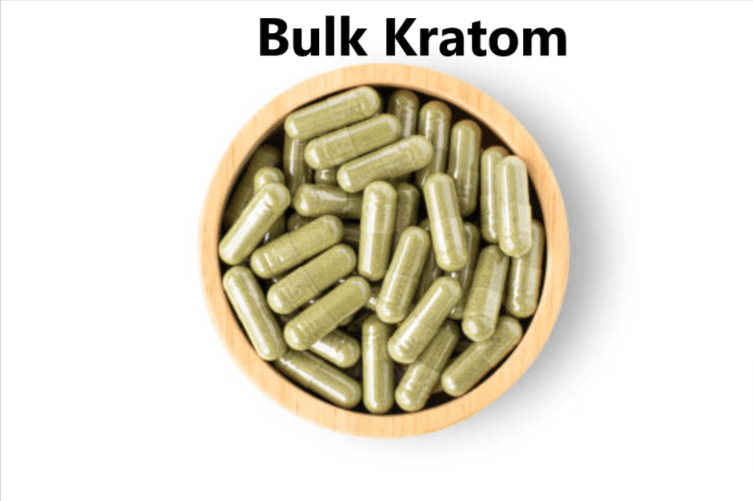What Happens If You Have HIV While Pregnant?
Pregnancy is supposed to be one of the most beautiful experiences of life. It is a full package including emotional and physical changes. There is excitement for the coming baby along with a little anxiety for the future. Any negative element that can possibly ruin this experience should be eliminated immediately. These include complications like HIV. HIV is a serious but manageable condition. If you are diagnosed with HIV in pregnancy, proper medical treatment should be taken. With appropriate medical attention, you can have a safe pregnancy and a positive birth outcome.
Prevention from such diseases is essential for your and your baby’s health. Apart from HIV, there are many other medical conditions that can put your baby’s future health at risk. Prevent that from happening by opting for LifeCell’s stem cell banking. Doing so can potentially protect your baby and your entire family from the impact of 80+ life threatening diseases. Take the right steps and stay safe.
In this blog, we’ll explain HIV during pregnancy and provide you with ways to tackle it properly. Keep reading to know more.
What Is HIV?
HIV (human immunodeficiency virus) is a virus that attacks the immune system, which is the part of your body that helps fight off infections and diseases. When someone has HIV, their body weakens and loses its ability to protect itself from other illnesses.
HIV is most commonly spread through contact with certain body fluids from an infected person. This can happen during unprotected sex (sex without using a condom or taking medicine to prevent or treat HIV) or by sharing needles or other drug equipment.
If HIV is not treated, it can lead to AIDS (acquired immunodeficiency syndrome). AIDS is the final and most serious stage of HIV, where the immune system becomes severely damaged, making it much harder for the body to fight off infections and diseases. Treatment with medicine can help manage HIV, so it’s important to get tested and start treatment early.
How Does HIV Spread?
HIV is most commonly spread through unprotected anal or vaginal sex, or by sharing needles and other drug-injection equipment.
HIV can only be passed through specific body fluids, including:
- Blood
- Semen (cum)
- Pre-seminal fluid (pre-cum)
- Rectal fluids
- Vaginal fluids
For HIV to be transmitted, these fluids must come into contact with a mucous membrane (like inside the vagina, rectum, or urethra), damaged tissue, or be injected directly into the bloodstream (through a needle or syringe).
Certain factors, such as a person’s viral load, the presence of other sexually transmitted infections, or alcohol and drug use, can increase the likelihood of getting or passing on HIV.
Thankfully, there are effective ways to prevent HIV transmission, such as using protection during sex and taking medication.
HIV During Pregnancy: Frequent Questions Answered
Here are answers to some common questions about HIV during pregnancy.
- What Are The Symptoms Of HIV During Pregnancy?
Most babies born to HIV-positive mothers do not get HIV if the mother and baby receive good care during pregnancy and after birth, including treatment with antiretroviral therapy (ART).
Infected infants may not show any symptoms for the first 2 to 3 months. When symptoms do appear, they can vary. Early signs might include
- Yeast infections in the mouth
- Difficulty gaining weight and growing
- Swollen lymph nodes
- Swollen salivary glands
- Enlarged spleen or liver
- Ear and sinus infections
- Respiratory infections
- Delayed milestones like walking, crawling, or talking
- Diarrhea
Starting treatment early can help stop the HIV infection from getting worse.
Without treatment, the child’s immune system weakens over time, and they can develop severe infections that are rare in healthy children. These infections can be caused by bacteria, viruses, fungi, or parasites. Eventually, this leads to full-blown AIDS.
Apart from affecting the baby, HIV can also cause symptoms in the mother. When an expectant mother is living with HIV, her immune system becomes weaker, making her more vulnerable to infections. This can lead to issues such as skin rashes, mouth sores, pneumonia, or yeast infections. During pregnancy, the number of CD4 cells, immune cells that help fight infections, may decrease. However, after childbirth, the mother’s immune system often begins to recover.
- Can Pregnant Women Transmit HIV To Their Baby?
Yes, it is possible for pregnant women to transmit HIV to their baby. This is called perinatal transmission. Perinatal transmission of HIV includes passing the virus from mother to child during pregnancy, childbirth (labor and delivery), or breastfeeding. However, with the use of HIV medicines, known as antiretrovirals, and other preventive strategies, the rate of perinatal transmission can be significantly reduced.
HIV medicines play a crucial role in preventing transmission, helping to keep the mother’s viral load undetectable, which lowers the chance of the virus being passed to the baby. In addition to taking HIV medication during pregnancy, avoiding breastfeeding and following regular medical check-ups are important steps in preventing HIV transmission to the baby. With the right treatment and care, the risk of perinatal HIV transmission can be significantly minimized, ensuring both the mother’s health and the baby’s health are protected.
- Is It Safe To Breastfeed If I Have HIV?
If you have HIV, the decision to breastfeed is something you should discuss with your healthcare provider. If you are taking HIV medicine and have an undetectable viral load, the risk of passing HIV to your baby through breastfeeding drops to less than 1%. However, the risk is not completely eliminated.
If you’re concerned about the possibility of transmission, options like properly prepared infant formula or banked donor breast milk are safe alternatives that carry no risk of HIV transmission. If you are pregnant or planning to become pregnant, it’s important to talk to your healthcare provider early on to discuss the best feeding option for you and your baby.
- Are HIV Medicines Safe During Pregnancy?
Yes, HIV medicines are safe to use during pregnancy. They do not increase the risk of birth defects. Healthcare providers will discuss the benefits and potential risks of specific HIV medicines to help women with HIV choose the best options for pregnancy or when trying to conceive. If a woman becomes pregnant while taking HIV medication, she should continue taking it unless her healthcare provider advises otherwise.
- What Are The Various Treatment Methods?
The choice of HIV treatment for a pregnant person depends on several factors, including their previous use of HIV medicines, other existing health conditions, and the results of drug-resistance testing. In general, the same HIV treatment regimens recommended for non-pregnant adults can be used for pregnant women with HIV, unless the potential side effects for the mother or baby outweigh the benefits of the treatment.
In some cases, a person’s HIV treatment regimen may need to be adjusted during pregnancy. It is important for pregnant women and their healthcare providers to have a discussion about whether any changes are necessary for the HIV treatment plan throughout the pregnancy. This ensures the health of both the mother and the baby are carefully managed.
In Conclusion
Diseases like this can be really scary. Especially when there’s a little baby waiting to live their life to the fullest. Anything that can possibly pose any health issues during this time should be immediately treated. Always keep in touch with a medical professional to keep safe. Take regular tests to ensure absence of any such complications. Take preventive steps to have a healthy baby.
This ritual of protecting your baby should continue after birth as well. Consider opting for LifeCell’s Stem Cell Banking. With advanced preservation techniques, a vast community pool, and comprehensive support, LifeCell ensures that your baby’s stem cells are safe, accessible, and ready for use if ever needed to treat over 80+ medical conditions.






